- Traverse City, MI |
-
West: W Front St:
(231) 944-6541
-
| Central: Munson Ave :
(231) 421-9300
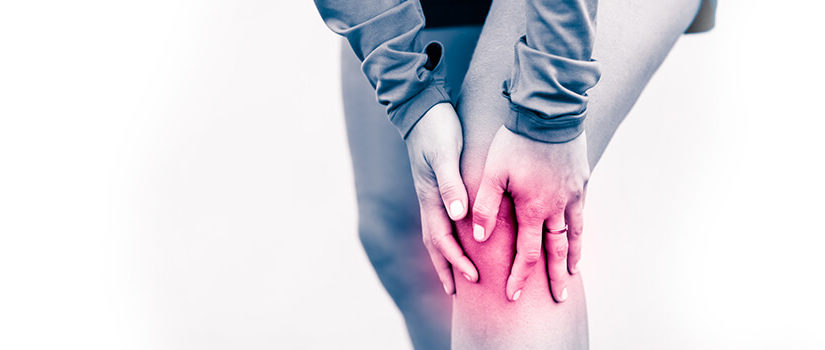
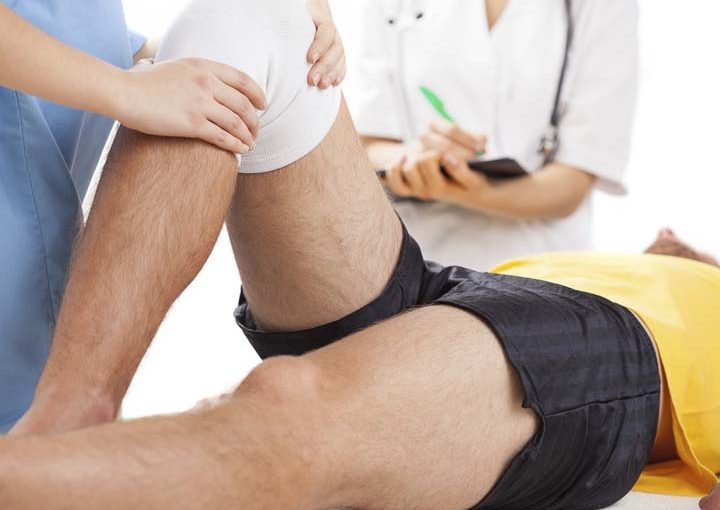
Healing knee pain is important for all age groups. It can come suddenly, often as a result of injury, or it can also develop over time from just mild discomfort.
In some cases, certain medical conditions may cause knee pain as well.
Although several kinds of this pain respond well to self-care, knee pain therapy, or even knee braces, in more severe cases, surgery may be required to address the issue.
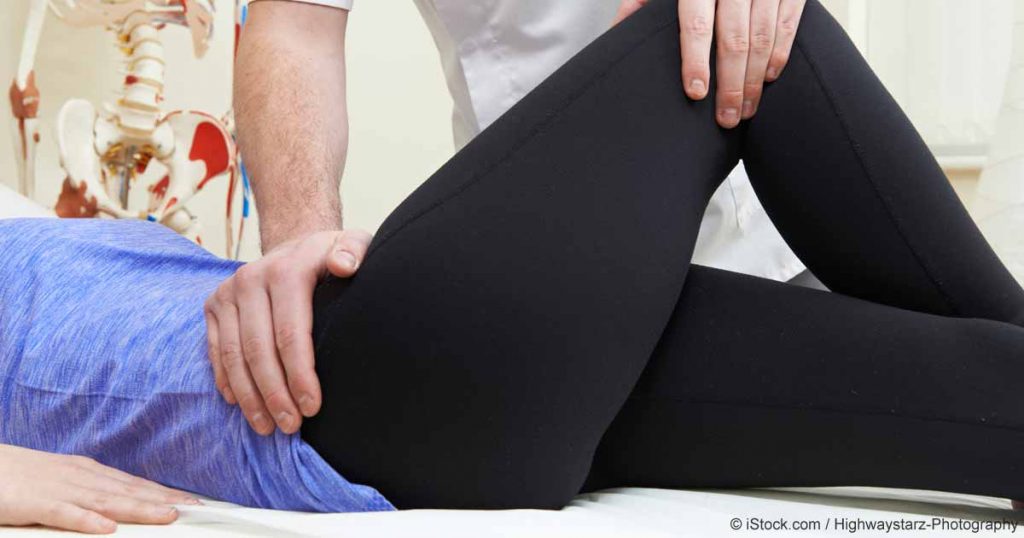
Bursae are the fluid-filled sacs located near muscles, joints, and bones that facilitate movement by reducing the friction. In the knee, the bursae is located above the joint, just under the skin. Pain, swelling, and inflammation can occur when there is repeated bending or a fall.
This condition is called prepatellar bursitis or the preacher’s knee.
Accidents or falls can cause the bones in the knee, including the kneecap, to break. In some cases, weakened bones because of conditions like osteoporosis can cause fractures in the knee even with just a misstep.
Tendons are the thick and fibrous tissues that connect muscles to bones. Tendonitis is the inflammation of these tissues. This happens when the patellar tendon, the tendon that connects the kneecap to the shinbone, is injured. This condition is more common with athletes who run, kick, or jump.
The anterior cruciate ligament or ACL is one of four ligaments that connect the thigh bone to the shinbone. A tear in this ligament can cause pain in the knee region. This condition is particularly common in athletes who play sports that require them to immediately change directions.
The rubbery cartilage that acts as a shock absorber between the shinbone and the thigh bone is called the meniscus. A tear in this tough tissue can cause pain in the knee. This can happen when a sudden twist occurs in the knee region while it is bearing weight.
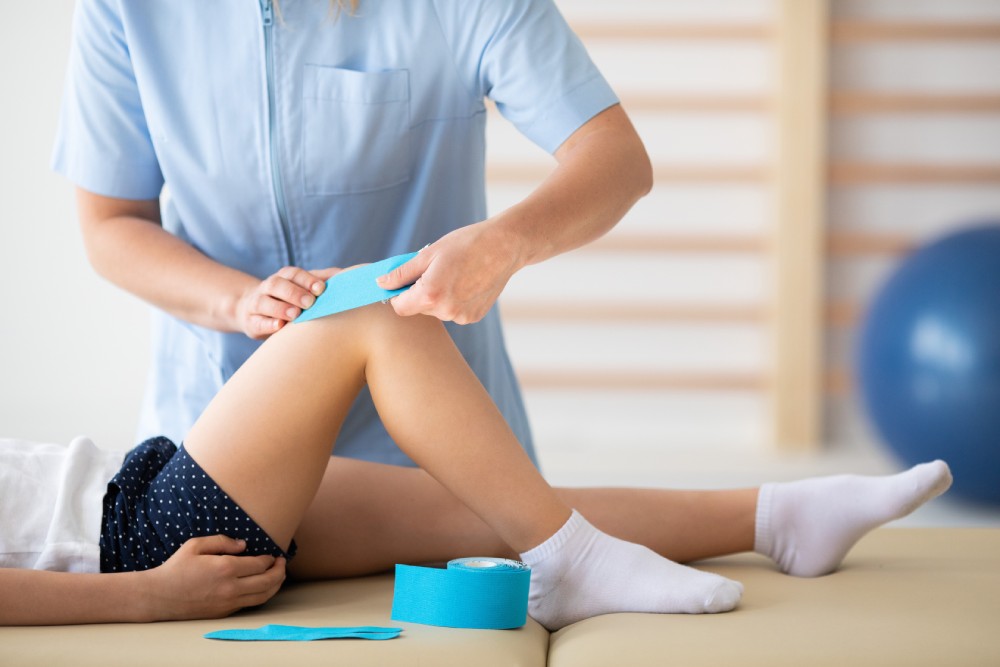
Also called patellar dislocation, this happens when the kneecap or the small triangular bone in the middle of the knee joint slides out of place. The patella is usually displaced to the outside of the knee. In some cases, the dislocation may be readily visible. This can cause pain and swelling.
Pain elsewhere in the body, including pain in the hip or foot areas, can force an individual to alter the way they walk. This can eventually lead to knee pain because of excessive unnecessary stress on the knee joint.
When there is injury or degeneration of bone or cartilage, loose pieces may interfere with the movement in the knee joint causing pain or discomfort.
The Iliotibial band is the tough band of tissues extending from outside the knee to outside the hip. In some cases, this band becomes tight enough that it begins to rub against the outer part of the thigh bone. This is more common in cyclists and distance runners.
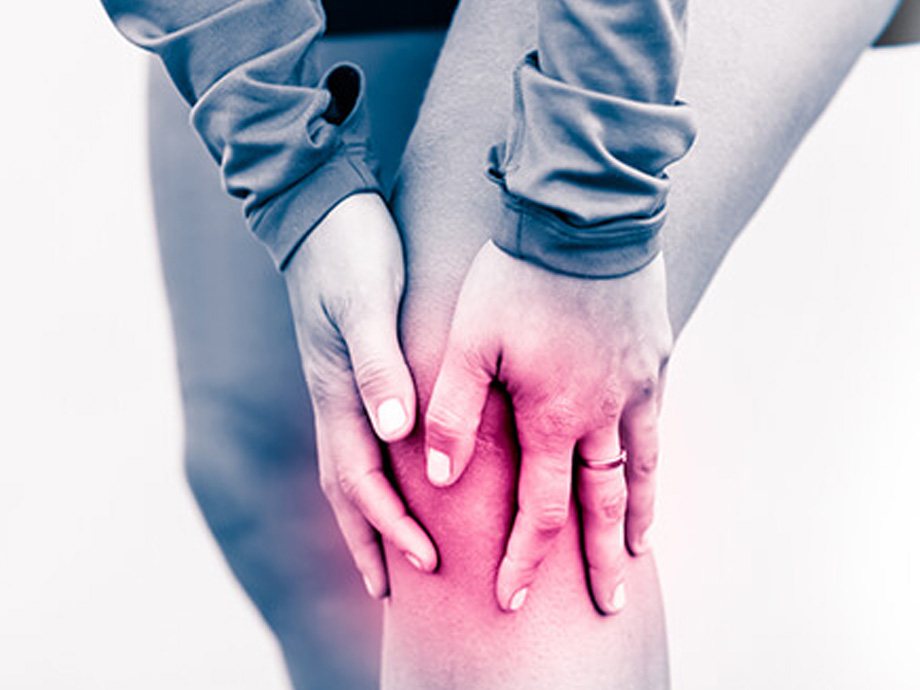
Here are the types of arthritis that usually cause knee pain:
Osteoarthritis – This is the most common type of arthritis. Age and use can cause the deterioration of the cartilage in the knees.
Rheumatoid arthritis – This autoimmune condition causes knee pain when the immune system of the body attacks the knee joints.
Septic arthritis – Infection in the knee joint can lead to septic arthritis. It is usually accompanied by fever. This can cause pain, swelling, redness, and severe damage to the cartilage in the knee.
Gout – This happens when uric acid levels cause crystals to develop in the knee joint.
Pseudogout – Similar to gout, crystals that have calcium develop in the joint fluid. This often affects the knee joint.
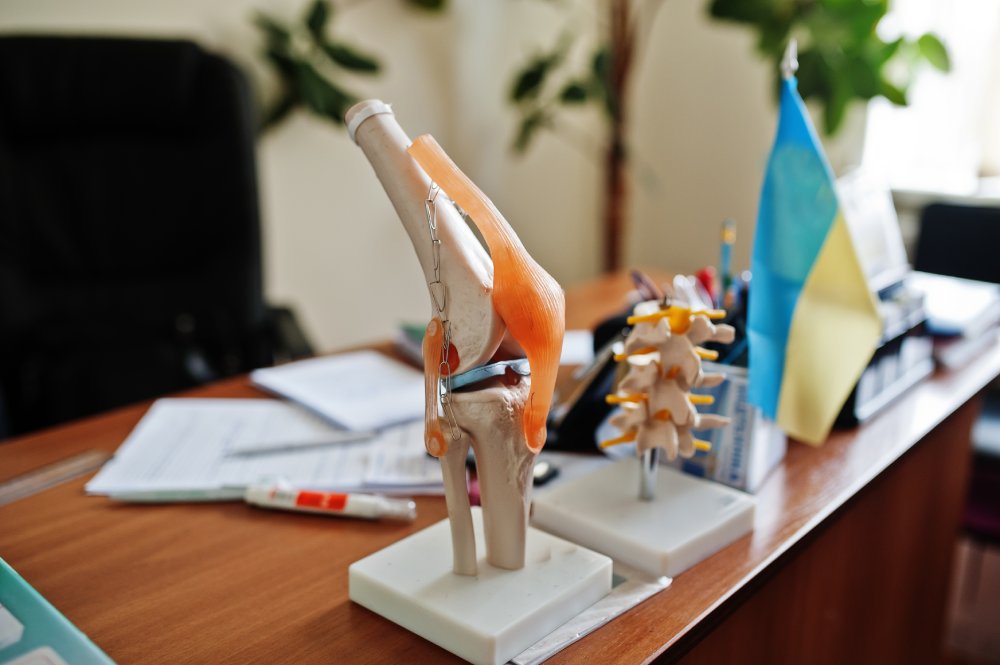
MRI is one of the most effective diagnostic procedures for knee pain. Doctors use this over the x-ray because it gives a clear picture of the bones, the cartilage, the tendons, the muscles, the ligaments, and even some of the blood vessels in the knee.
An MRI scan can readily identify if there is damaged cartilage, infections, bone fractures, torn tendons, torn ligaments, and even tumors. It can also determine if surgery is needed.
Get more info on how knee pain can be treated by Clicking Here.
Pain in the knee is generally treated using the following methods:
Medication – Doctors may prescribe medication to relieve pain and treat conditions such as rheumatoid arthritis or gout.
Injection – Doctors sometimes recommend injections of corticosteroids, hyaluronic acid, or platelet-rich plasma to address arthritis, lubricate joints, or promote healing, respectively.
Surgery – Injuries and other conditions may require knee surgery which includes the following options:
Arthroscopic surgery
Partial knee replacement
Total knee replacement
Osteotomy

We've got in-person, educational Workshops on a monthly basis that cover a variety of physical problems (including knee pain) and how to heal. Find out more or register by Clicking Here.

Although these traditional treatment options may alleviate knee pain in the short-term, they may not be able to address the underlying cause. This can result in recurring pain in the knee. Additionally, these methods reportedly only work 45% of the time.
For lasting knee pain relief, we recommend one or more of the following treatment options we offer:
The most important element of healing is identifying the cause. The cause is a movement disorder somewhere else in the body that is creating more stress in the injured area than the tissue can handle. A full body movement assessment is the most important aspect in finding the true cause. This involves assessing how mobile and stable the areas above and below the injured tissues are. Once the dysfunctional areas are identified the physical therapist can then prescribe home treatments to fix the problem areas.
Mechanical vibrations penetrate the muscle tissue, improving lymphatic flow, circulation, and even tissue regeneration. The vibrations also improve the lactic acid cycle, which alleviates one of the most common pain causes.
In order to improve motion in the dysfunctional areas that are causing the increased stress on the painful injured tissues the most effect way to make a change in the body is to have a physical therapist use their hands to facilitate the proper motion while you are moving at the same time. This helps improve the path the body takes in order to reduce stress and tenson on the injured area.
With an easy, 15-min call with our Dr. Andrew Gorecki, we can begin to identify which of these treatments are right for you.
In the last 15 years, Dr. Gorecki has been helping patients find lasting pain relief and address pressure and persistent trauma. He coined this unique technique, “The Superior Method.” It is a tailored approach to pain and relief that uses no prescriptions or surgery.
Find out more about the Superior Method and how it can help relieve your knee pain. Book a free consultation by calling 231.944.6541 or sending an email to info@thesuperiortherapy.com.
